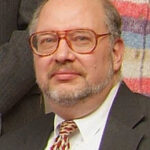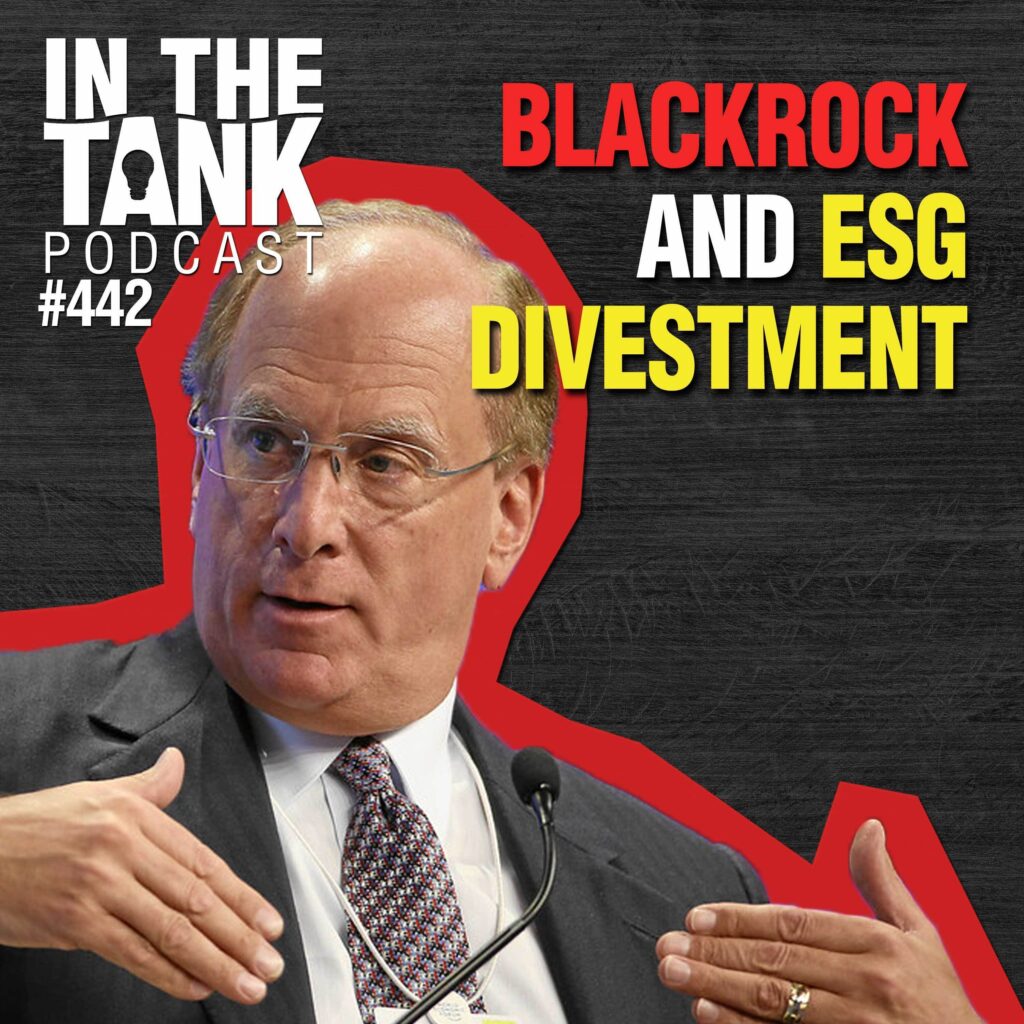Joe Biden, who is 77, has named Ezekiel Emanuel as head of his advisory panel on the coronavirus. Emanuel famously wrote an Atlantic article on how people should be dead at age 75. Less well known are his series of articles in scholarly journals on the efficacy of treating people of not much use to society.
According to his defenders, people who have come to the conclusion that Emanuel is obsessed with death have misread his writings. They have taken what he has written out of context, or don’t appreciate how complicated the issue really is. Hillary Clinton put it clearly enough, they are deplorable and irredeemable and therefore, following this man’s logic, not worth medical care. Thus, it should surprise nobody that the lower middle-class twists in the wind in America. Not able to afford the out-of-pocket expenses of medical care associated with bronze plans and not qualifying for subsidies.
As to the question of when to pull the plug, this is a valid question for those who receive charity medical care, whether administered by private charity or by the government. As a general rule, we economists say that a determination should be made as the value of extending a human life one year with no expectation of being “useful” to society. This amount should govern all regulations in prolonging life, from the safety of automobiles and household appliances, to mitigating workplace hazards, to the practice of medicine. This value is substantial, but not infinite.
As for people who have private resources, the decision of when to pull the plug is for them to decide. If they want to spend more than the amount the government should be willing to spend, that’s their decision.
Thus, we economists find ourselves between two extreme positions. The first extreme position is that of denying intrinsic worth to extending human life. The second is that of presuming extension of human life has infinite worth. Furthermore, we economists attempt to quantify where the middle place should be, given the level of economic development of a society, so as to inform public-decision makers concerned with balancing the cost and benefit of measures to extend human life.
Emanuel’s obsession with death is wrong on two counts: #1) Each human life has substantial value independent of being productive. Indeed, being productive is only a means to an end. The purpose of life isn’t working but is the pursuit of happiness, to quote the Declaration of Independence; or, to enjoy each day one day at a time while obeying God’s laws, to quote Ecclesiastes.
#2) When people pay for medical care with their own money, they induce more resources into medical care. Medical care isn’t a fixed amount to be rationed, such that more for some means less for others. Rather, it’s the result of supply and demand. With more demand, an additional quantity will be supplied.
The obsession with death of the political left-wing is general. It includes Obamacare and the rationing of health care, sustainability, running out of resources, a fragile global climate system; and, in the past, the so-called iron law of wages. Seeing resources as fixed leads to a war of all against all. Other people, including the overall size of the population and people outside your group, become your enemy. Life, said Nietzsche, is about appropriation. Contrariwise, seeing the potential for expanding resources establishes the basis for harmony, cooperation, trust, friendship and even love among individuals and nations. Self-love, in a society ruled by law and moral restraint, is not only good, it is the basis for love of others and the basis for the love of life itself.





